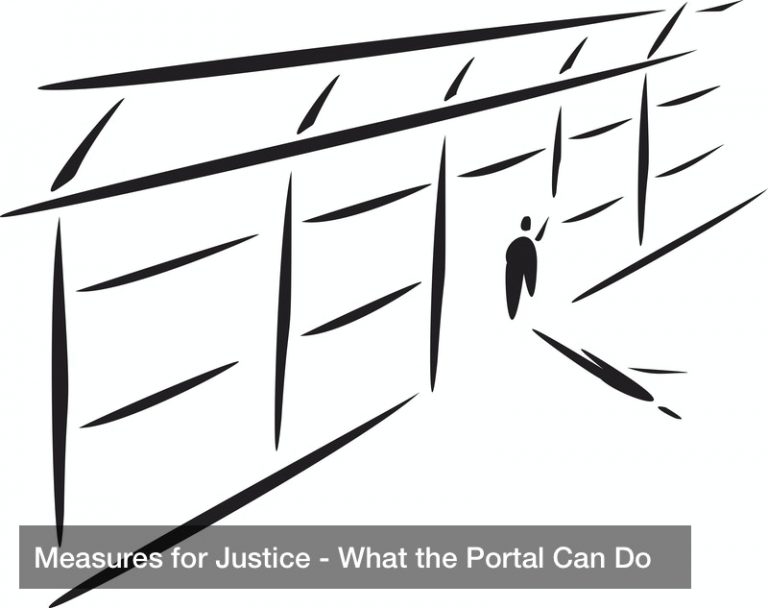Video Source The elegantly clad young lawyers dressed in evening dresses, and a black-tie gathered on 3...
Month: December 2020
Contrary to popular belief, most of the action performed by the criminal justice system is done on...

